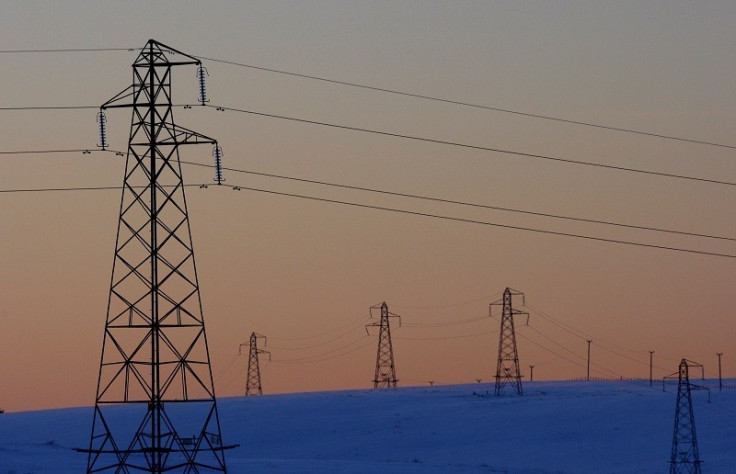Britain Paying Businesses to 'Switch Off the Lights' to Avoid Winter Blackouts

The UK government will pay thousands of pounds to businesses in exchange for them switching off their power in times of need, in a bid to avoid mass blackouts in the winter months.
Britain's energy secretary Ed Davey is set to unveil the "last resort" plans in a speech on 10 June, in preparation for high gas and electricity demand in the winter.
"Both the new demand and supply balancing services will be used only as a last resort – and are a safety net to protect households in difficult circumstances, such as a hard winter or very high surges in demand," Davey will say in the speech.
"It is entirely voluntary. Nobody will get cut off. No economic activity will be curtailed," he will add, in response to criticism that the measures reflect power rationing that was widely used in the 1970s.
"The lights are going to stay on."
The Department of Energy and Climate Change will unveil a gas risk assessment report in tandem with the blackout mitigating proposal that will show that high demand and dwindling power plant output will squeeze 2015 and 2016 supply.
Last year, energy regulator Ofgem said that the risk of blackouts could be as high as one in four unless consumers cut demand.
However, in January, Britain's Prime Minister David Cameron hit back at fears that the country will suffer from energy blackouts by the 2015 winter due to a shortage of supply.
Cameron said that there is "no danger" of Britain enduring gas or electricity blackouts and that keeping the lights on was "the most important energy policy objective."
"I held a meeting around the Cabinet table with Ofgem, National Grid and the leading players and sought assurances: is there anything we need to make sure there is no realistic prospect of this happening?" said Cameron while appearing before the Liaison Committee, led by Tim Yeo, head of the energy select committee, at the time.
"The information I have is: now we have put in place the Energy Act, now we have the capacity mechanism, and now crucially we have the ability to use short-term mechanisms - taking plants out of mothball if necessary, bringing them back online - there's no danger of that happening."
The 10 June report is also expected to say that while supply will remain tight, National Grid measures have reduced the risk of blackouts to consumers.
© Copyright IBTimes 2025. All rights reserved.


















